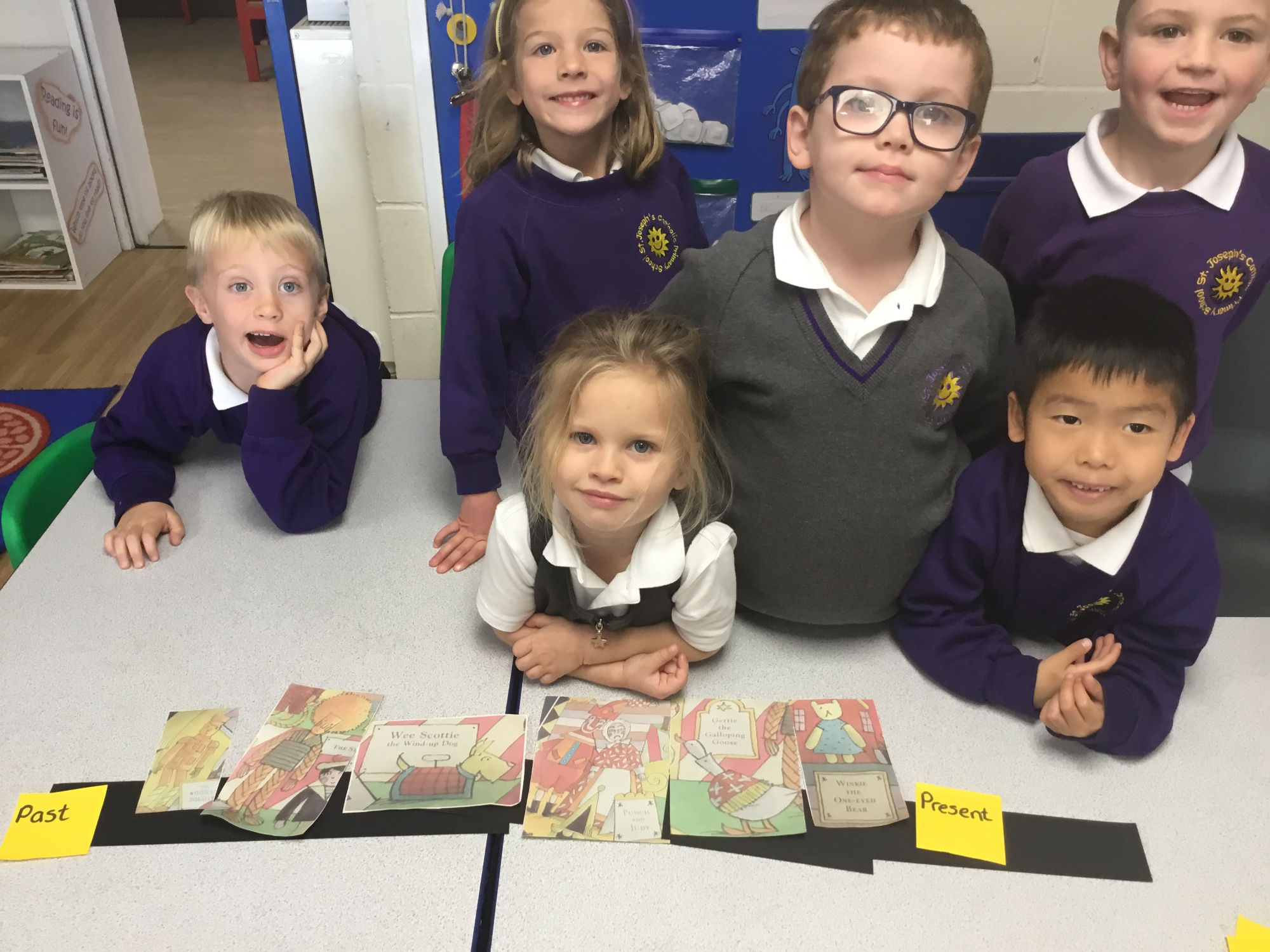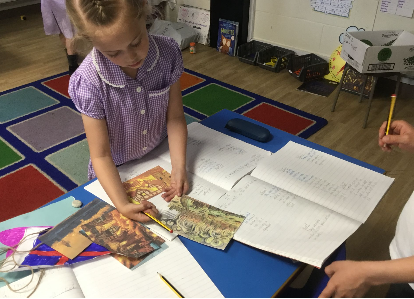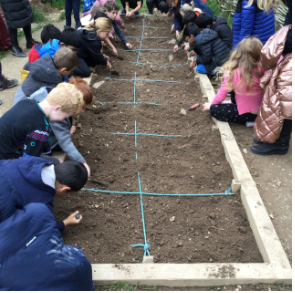History
Intent:
Learning from our past
Our History curriculum enables children to develop a coherent, chronological understanding of the past, exploring how events, people, and ideas have shaped life today. Pupils study significant individuals, key historical events, and major eras, both in Britain and across the wider world, alongside thematic studies that highlight continuity and change.
We aim to foster historical curiosity and critical thinking, ensuring children understand cause and consequence, similarity and difference, and significance. Learning is rooted in local history to provide relevance and connection, while being enriched through links with English, Geography, Science, and the Arts, promoting a broad and balanced curriculum.
Children gain a diverse and inclusive historical perspective, appreciating contributions from different cultures and communities, and developing an understanding of how history informs identity and society today.
Implementation:
History is taught every half-term through carefully sequenced units that build substantive knowledge (facts, events, people) and disciplinary knowledge (how historians work, enquiry skills).
We teach pupils to ask perceptive questions, analyse evidence, interpret sources, and make connections between historical concepts and their impact on modern life.
Progression is mapped across year groups to ensure depth and mastery, revisiting key concepts over time. Learning is enhanced through experience days, educational visits, and immersive activities, which bring history to life and develop cultural capital. Cross-curricular links such as using historical texts in English or exploring geographical contexts embed history within a wider learning experience.
Impact:
Children leave with a secure chronological framework, a love of history, and the ability to think critically about the past and its influence on the present and future.
They will be able to evaluate decisions, question interpretations, and understand multiple perspectives, fostering informed and reflective citizens.
Impact is measured through ongoing formative assessment, skill-based topic overviews, and pupil voice, ensuring children can articulate what they have learnt and why it matters.
Ultimately, pupils will develop a thirst for knowledge, confidence in enquiry, and may even be inspired to pursue further study or careers linked to history.



